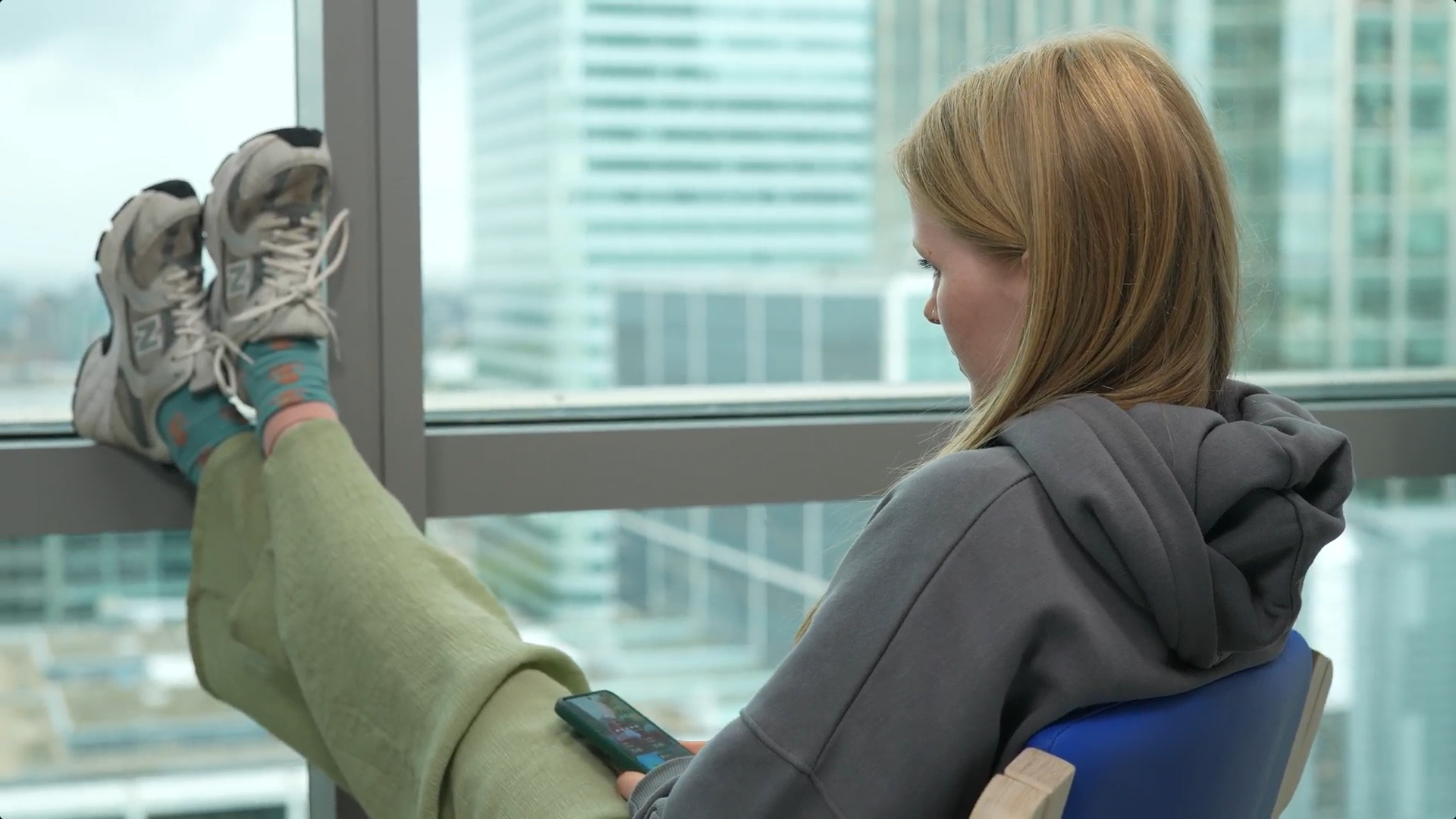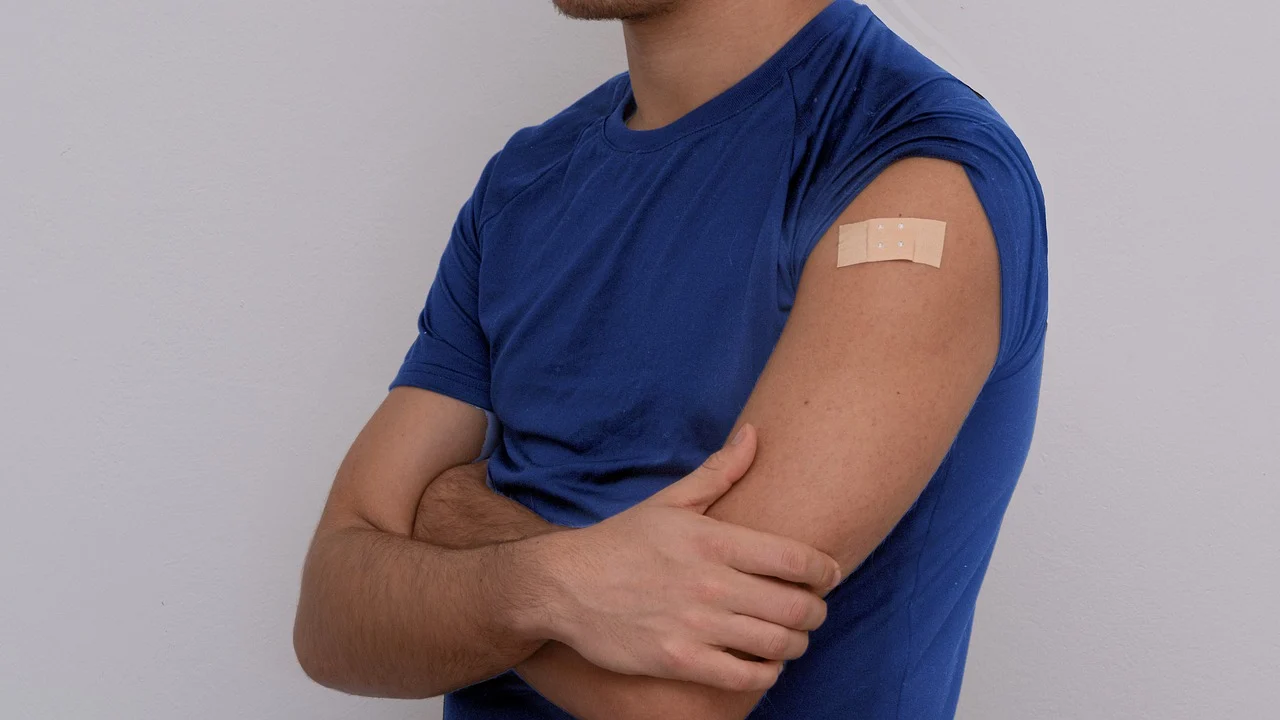NHS England is on a mission to persuade parents to vaccinate their children against flu in the run up to Christmas. The festive period sees friends and families, young and old, getting together to celebrate, heightening the risk of spreading the flu virus. The elderly are particularly vulnerable, while the very young are considered ‘super-spreaders’ – due to the ease and speed of them contracting and passing on the virus. This comes together to make a volatile situation.
Low vaccine uptake
A free flu vaccination has been rolled out for two and three year-olds, and primary school children up to the age of nine. Rather than being injected, the vaccine is taken through a nasal spray, which makes it easy to implement and less scary for the children. Public Health England have said the nasal spray vaccine reduced children’s risk of flu by 65% in 2016. However, according to the latest statistics, only 18% of school-age children have had the vaccination.
The vaccine is considered the best protection against flu; without protection, youngsters are more likely to contract the virus – which causes around 8,000 deaths a year in the UK alone. Parents are therefore being urged to give consent for their eligible sons and daughters to receive the vaccine in school, or to book the free vaccination via their GP or local pharmacy.
NHS England’s medical director for acute care, Professor Keith Willett, told The Guardian: “Flu can be spread more easily by children, especially to vulnerable relatives such as older grandparents, those with heart or lung conditions and pregnant family members.
“Last year, millions of people missed out on their free vaccination and yet it’s one simple, common sense step to help us all stay healthy this winter.”
Who’s eligible?
Currently, the NHS offer free flu vaccines to those considered to be the most vulnerable – such as the over-65s, pregnant woman, and those with certain medical conditions. Public Health England have set a target of a minimum 75% vaccination rate among over-65s, while the target for children aged between two and eight is 40 to 65%.
The winter is traditionally seen as a peak time for flu cases, and so there is extra spending placed on public announcements, including television adverts. These are particularly aimed at the over-65s, whose vaccination rate has decreased each year since 2011/12, when it was 74%. Last year the rate was 70.5% – a potentially worrying decline.
Other ways to help the virus from spreading include teaching children basic hygiene skills, such as the importance of washing hands. Many schools and nurseries use a variety of games, stories and songs to encourage the practice of basic hygiene rules.
This is something where the importance can be difficult to comprehend for children, who may be spreading invisible germs on hands that appear clean. Not only will encouraging regular hand washing help to keep children healthy, it could also potentially protect vulnerable or elderly family members from falling ill this festive season.
















